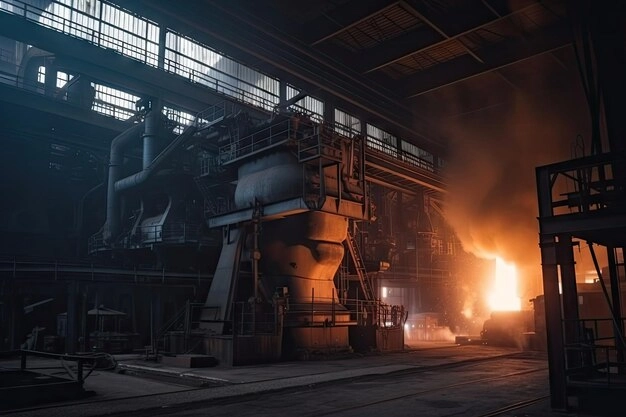Industrial abrasives play a pivotal role across a variety of sectors, from metal fabrication to electronics manufacturing. These materials, often overlooked, are the unsung heroes of precision work and surface finishing. Understanding their types, applications, and benefits can offer insights into how they contribute to modern industry.
1. What Are Industrial Abrasives?
Industrial abrasives are materials used to shape, finish, or polish other softer materials through friction or grinding. They come in various forms, including powders, sheets, and wheels, each suited to specific tasks. These abrasives are classified into two main types: natural and synthetic.
- Natural Abrasives: Examples include emery, garnet, and quartz. They are often used for less demanding applications.
- Synthetic Abrasives: These are engineered materials like silicon carbide, aluminum oxide, and diamond grit. They offer superior hardness and durability.
2. Types of Industrial Abrasives
There is a wide variety of abrasives, each with unique characteristics that make it suitable for different tasks. Here’s a breakdown of the most commonly used types:
- Silicon Carbide : Known for its hardness, silicon carbide is ideal for grinding and cutting hard materials such as metals and ceramics.
- Aluminum Oxide: Widely used in polishing and grinding, it provides a balance between toughness and precision.
- Diamond Grit: One of the hardest known materials, diamond grit is used for ultra-fine precision grinding, especially in the electronics and optics industries.
- Garnet : Commonly used in waterjet cutting, garnet is valued for its sharpness and recyclability.
3. Applications of Industrial Abrasives
The applications of industrial abrasives span numerous industries, including metalworking, woodworking, and automotive manufacturing. Abrasives are essential for tasks like:
- Grinding: Removing excess material and refining surfaces, especially in metalworking.
- Polishing: Achieving a smooth, reflective finish on materials like metal, stone, and glass.
- Cutting: Precision cutting of hard materials, particularly in the automotive and construction industries.
- Sharpening: Restoring the edge of tools and blades, ensuring they remain effective and safe to use.
4. Benefits of Using Industrial Abrasives
Industrial abrasives provide several benefits that contribute to the efficiency and quality of manufacturing processes:
- Increased Efficiency: Abrasives can quickly remove material, speeding up production times and reducing labor costs.
- Enhanced Precision: They allow for precise control over surface finishes, which is crucial for applications that require tight tolerances.
- Versatility: With various types and forms available, abrasives can be tailored to meet specific application requirements.
- Durability: Synthetic abrasives, in particular, are designed to withstand intense usage, reducing the need for frequent replacements.
5. Selecting the Right Industrial Abrasive
Choosing the right abrasive is essential for achieving the desired results. Factors to consider include:
- Material Hardness: Harder abrasives are needed for tougher materials, such as metals and ceramics.
- Grit Size: The grit size determines the abrasive’s coarseness. Fine grits are ideal for polishing, while coarser grits are better for rapid material removal.
- Application: Consider the specific task, whether it’s grinding, cutting, or polishing, to select an abrasive with the appropriate properties.
- Budget: While synthetic abrasives may have a higher upfront cost, their durability can lead to long-term savings.
6. Conclusion
Industrial abrasives are indispensable in modern manufacturing, offering versatility and precision across a multitude of applications. Whether it's silicon carbide for grinding or diamond grit for high-precision cutting, the right abrasive can make all the difference. As industries continue to evolve, so too will the demand for specialized abrasives that can keep pace with new challenges and innovations.
